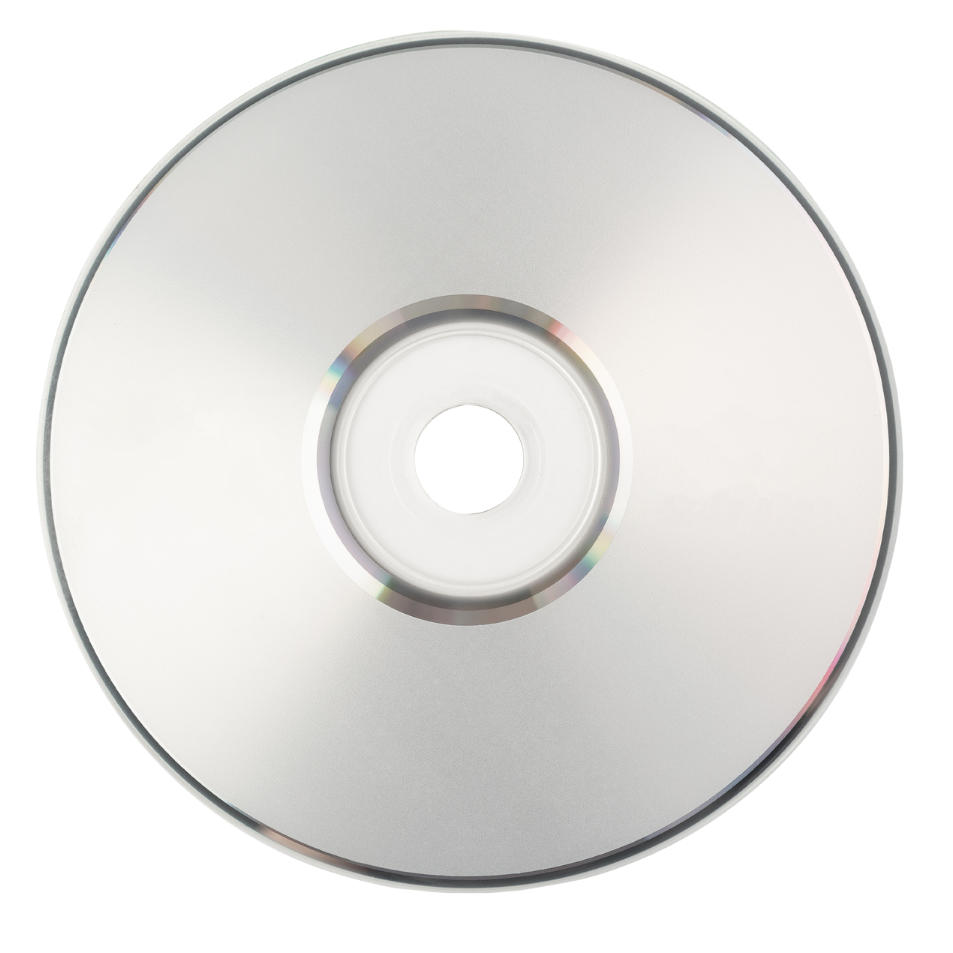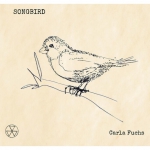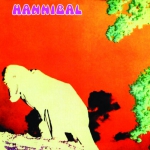Other products from Ashley Hutchings |
My Account
|
Log In
|
English |
€ Euro |
Advanced Search
|
All Categories
BEST SELLER
500
NEW RELEASES
10.869
SPECIALS
237.917
Your search:
No selection
Filter results:
TECHNICS
287.501
GAMES/SOFTWARE
27.046
MUSIC
703.792
- Folk In General
9.910
- France
2.703
- Greece
20
- Ireland
438
- Italy
3.889
- North America
210
- Russia
95
- Scandinavia
148
- Scotland
17
- Sinti Music
25
- Spain/Portugal
423
- Turkey
16
- Yiddish/Klezmer
113
|
Music Movie Audiobooks Merchandise Children's |


























